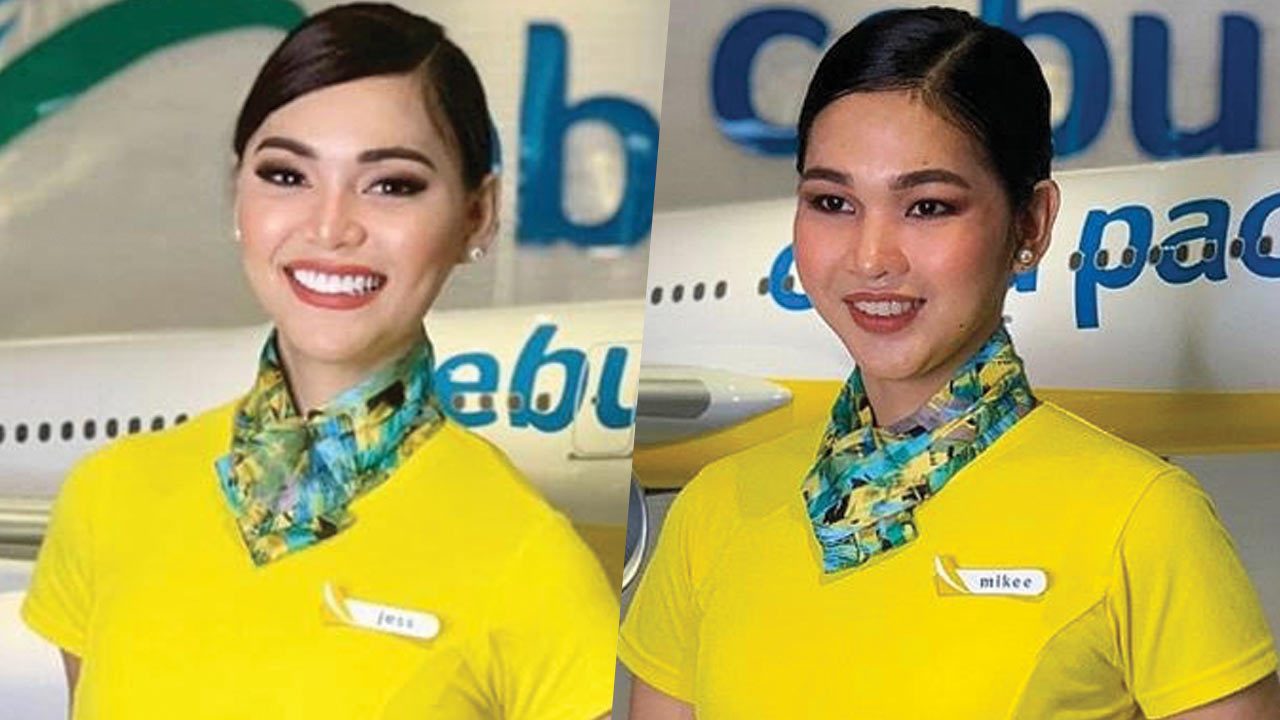The Role of Sensitivity Training

Misgendering flight attendant – Sensitivity training is a crucial component in preventing misgendering incidents in the airline industry. It equips staff with the knowledge, skills, and empathy necessary to interact respectfully and inclusively with passengers of diverse gender identities and expressions.
Key Components of Effective Sensitivity Training Programs
- Education: Training programs should provide a comprehensive understanding of gender identity, gender expression, and the experiences of transgender and non-binary individuals.
- Skill Development: Staff should be trained in effective communication techniques, active listening, and de-escalation strategies to address misgendering incidents sensitively and professionally.
- Empathy Building: Training should foster empathy and understanding by providing opportunities for staff to engage with transgender and non-binary individuals and learn about their lived experiences.
- Cultural Competency: Training should address cultural and societal factors that may influence gender identity and expression, ensuring staff are equipped to interact respectfully with individuals from diverse backgrounds.
Case Studies Demonstrating the Effectiveness of Sensitivity Training, Misgendering flight attendant
Research has consistently shown that sensitivity training programs can significantly reduce misgendering incidents in the airline industry.
A study conducted by the University of California, Berkeley found that after implementing a sensitivity training program, misgendering incidents reported by transgender and non-binary passengers decreased by 50%.
Another study by the National LGBTQ Task Force found that sensitivity training led to a 30% increase in staff confidence in interacting with transgender and non-binary passengers and a 25% decrease in misgendering incidents.
Best Practices for Inclusive Language and Communication: Misgendering Flight Attendant

Establishing an inclusive environment in the airline industry necessitates the adoption of inclusive language and communication practices. This involves using respectful and appropriate language that acknowledges and affirms the gender identities of transgender and non-binary individuals.
Principles of Inclusive Language
The principles of inclusive language include:
- Using gender-neutral language whenever possible.
- Avoiding assumptions about an individual’s gender identity based on their appearance or name.
- Using respectful and appropriate pronouns when addressing individuals.
- Being mindful of the impact of language on individuals’ self-esteem and well-being.
Appropriate Language for Interacting with Transgender and Non-Binary Individuals
When interacting with transgender and non-binary individuals, it is important to use respectful and appropriate language. This includes:
- Using the individual’s preferred pronouns.
- Avoiding the use of gendered terms such as “sir” or “ma’am” unless the individual has specifically indicated that they are comfortable with these terms.
- Using gender-neutral language when possible, such as “they/them” pronouns or terms like “passenger” or “guest” instead of “man” or “woman.”
Best Practices for Inclusive Communication in Airline Settings
The following table Artikels best practices for inclusive communication in various airline settings:
| Setting | Best Practices |
|---|---|
| Boarding Announcements | Use gender-neutral language, such as “passengers” or “guests.” Avoid using gendered terms like “ladies and gentlemen.” |
| In-Flight Interactions | Use the individual’s preferred pronouns. Avoid making assumptions about an individual’s gender identity based on their appearance or name. Be respectful and inclusive in all interactions. |
| Customer Service Interactions | Use gender-neutral language and avoid making assumptions about an individual’s gender identity. Be respectful and inclusive in all interactions. |
The recent incident of misgendering a flight attendant is a stark reminder of the discrimination faced by transgender individuals. In this case, the flight attendant, Ryan Clark ( ryan clark ), was repeatedly misgendered by a passenger, causing immense distress and humiliation.
Such incidents highlight the need for greater awareness and sensitivity towards transgender people, ensuring that they are treated with respect and dignity.
In a realm where identities intertwine, a flight attendant’s misgendering sparked a ripple of confusion. As the plane soared through the skies, a song wafted through the cabin, carrying the melodies of North Korean K-pop. Its infectious beats echoed through the corridors, reminding passengers of the transformative power of music.
Yet, amidst the rhythm, the misgendering incident lingered, a poignant reminder of the challenges faced by those who navigate societal expectations.